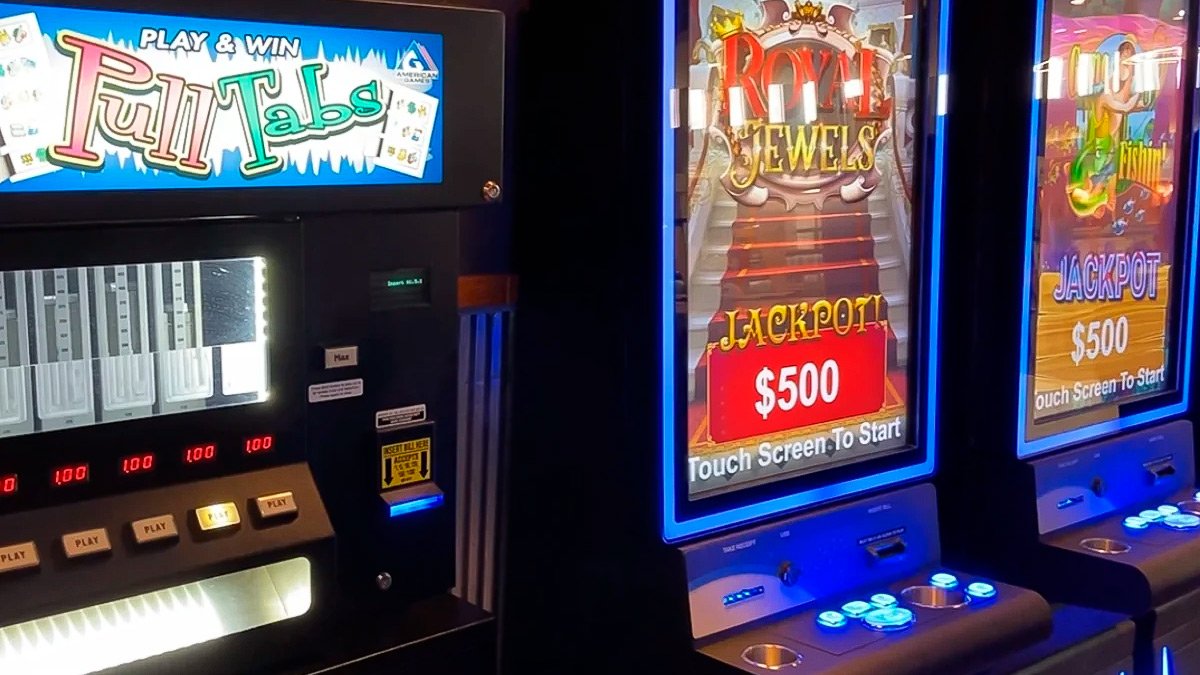Electronic pull tabs expansion prompts regulatory concerns in North Dakota

The rapid proliferation of electronic pull tab machines, commonly known as e-tabs, in North Dakota has raised significant questions about the future of charitable gambling in the state and the necessity for robust regulation of these Las Vegas-style devices.
E-tabs, which function akin to traditional slot machines, made their debut in 2018 following approval by the Republican-controlled Legislature. As per a report by the Associated Press (AP), the explosive growth of e-tabs, with approximately 4,700 machines now statewide, has brought to the forefront several pressing issues.
One primary concern is the locations where these machines can be found, including gas stations and convenience stores. Lawmakers have also expressed worries about minors accessing e-tabs. Furthermore, the expansion of these devices has prompted discussions about their impact on tribal nations, whose casinos are economic drivers, as well as the need for effective regulation and the potential for money laundering.
“I think we’ve seen certain things go astray a little bit, where the cattle have gotten out of the corral, and it’s beyond what the intent of our laws are,” Republican state Sen. Janne Myrdal was quoted as saying in the report. Myrdal is the chair of an interim legislative committee that initiated a yearlong investigation into North Dakota's charitable gambling concerns. This initiative is part of a broader bill aimed at tackling issues related to e-tabs.
Speaking to AP, Myrdal said she would like the study to present "palatable answers" in the next legislative session in 2025 including recommendations regarding the permissible locations for these machines.
Deb McDaniel, Director of North Dakota's Gaming Division, views the study as an opportunity to educate lawmakers. “This has become huge, and they need to understand how it works,” McDaniel told AP.
In the fiscal year ending on June 30, e-tabs generated nearly $2 billion in gross proceeds from cash and replayed winnings, contributing $205 million to charities, including just over $72 million designated for charitable purposes. Players poured more than $687 million in cash into these machines during fiscal 2023.
While state law does not prescribe specific locations for charitable gambling, it has traditionally been associated with bars. In recent years, a broad interpretation of the term "alcoholic beverage establishment" led to e-tabs appearing in a handful of gas stations and convenience stores.
The bill mandating the current study redefines this term, specifically excluding gas stations, convenience stores, grocery stores, and liquor stores, while grandfathering in the four gas stations and convenience stores currently housing e-tabs. However, this new definition does not address other establishments that may not be conventional bars but are capable of serving and dispensing alcohol, such as hair salons and indoor golf centers.
North Dakota's constitution grants nonprofits the privilege to conduct charitable gambling, and the state's intention is to prevent it from becoming a thriving gaming industry. To date, McDaniel’s office has licensed more than 320 charitable organizations to conduct gambling activities, including public safety, fraternal and veterans groups, and broadly defined "public-spirited organizations."
However, according to McDaniel, the legal definition of a "public-spirited organization" remains broad. She noted that recent license applicants have included organizations that organize community events and appear to have more of a business-oriented focus than a charitable one.














































